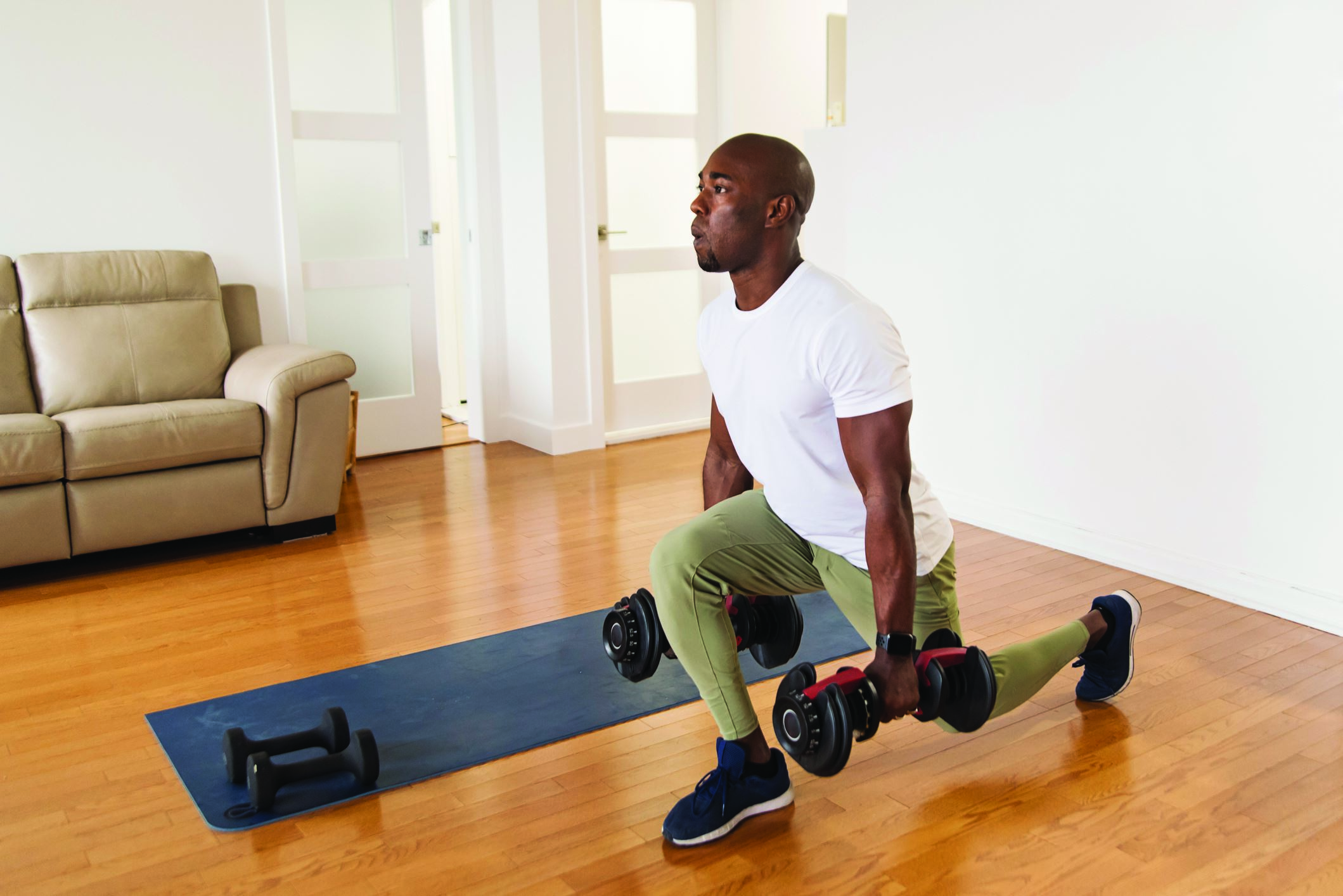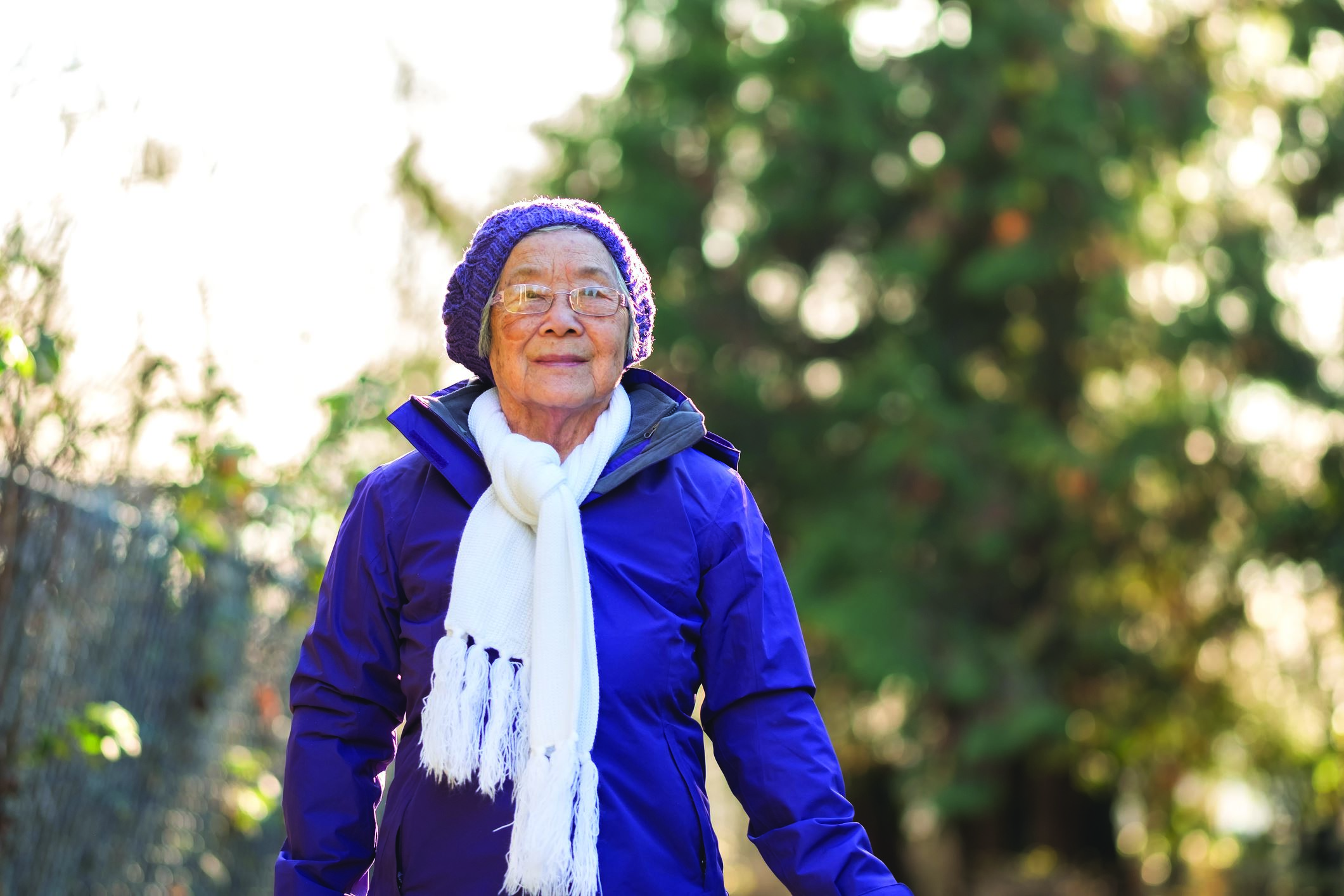Beat the Winter Blues: How to Cope with Seasonal Depression
- Category: Mental Health
- Posted On:

Are shorter days, dreary weather, and cold temperatures draining your energy and giving you the blues? You may be suffering from seasonal depression, also known as seasonal affective disorder (SAD), a common type of depression caused by the lifestyle changes that we experience in the winter.
Causes of Seasonal Depression
- Lack of sunlight: Less sunlight and shorter days may cause chemical changes in the brain that increase feelings of depression. Less sun exposure increases melatonin, which can cause fatigue, and decreases serotonin, which is responsible for our good moods.
- Cabin fever: Being stuck inside for long periods without sunlight, fresh air, or physical activity can certainly make you feel sluggish or depressed.
- Holiday blues: The intense pressure of the holiday season, financial commitments, family obligations or conflicts, or a lack of nearby loved ones to celebrate with may also increase feelings of sadness, emptiness, and loneliness this time of year.
About 4 to 6 percent of people in the United States experience symptoms of SAD, according to the American Academy of Family Physicians. Women and young people are more likely to experience SAD, as well as those who live in colder climates.
Signs and Symptoms of Seasonal Depression
- Feelings of depression that happen most of the day during the winter months
- Fatigue
- Loss of interest in activities you used to enjoy
- Appetite changes or weight loss or gain
- Excessive sleeping
How to Treat Seasonal Depression
See a doctor: Depression must be diagnosed by a mental health professional. Your doctor can give you a mental health screening to determine if your symptoms fit a SAD diagnosis rather than a different type of depression. Counseling can help you develop effective coping methods, or your doctor may prescribe antidepressants to help you find relief.
Reach out: Many people tend to withdraw during the winter, staying inside and avoiding social contact. Making an effort to reach out to friends and family is important to minimize feelings of loneliness.
 Exercise: The bleak weather and minimal hours of sunlight make it easy to put off the gym and curl up on the couch. However, exercise is a great way to combat depression, boost energy, and improve your mental wellness. On days when the cold or snow makes a run or trip to the gym too challenging, try a home workout or yoga routine to get your blood flowing.
Exercise: The bleak weather and minimal hours of sunlight make it easy to put off the gym and curl up on the couch. However, exercise is a great way to combat depression, boost energy, and improve your mental wellness. On days when the cold or snow makes a run or trip to the gym too challenging, try a home workout or yoga routine to get your blood flowing.
 Try light therapy: Light therapy boxes, also known as phototherapy boxes, emit light that mimics the effects of sunshine, which can help reduce symptoms of seasonal depression. Sitting in front of the light box for about 20 to 30 minutes a day can alter your brain chemicals to boost your mood-enhancing hormones, give you energy, and help alleviate depression.
Try light therapy: Light therapy boxes, also known as phototherapy boxes, emit light that mimics the effects of sunshine, which can help reduce symptoms of seasonal depression. Sitting in front of the light box for about 20 to 30 minutes a day can alter your brain chemicals to boost your mood-enhancing hormones, give you energy, and help alleviate depression.
 Go outside: Venture outdoors as often possible to make the most out of the available sunlight. Bundle up and take a quick walk around the block midday when the sun is the strongest and warmest.
Go outside: Venture outdoors as often possible to make the most out of the available sunlight. Bundle up and take a quick walk around the block midday when the sun is the strongest and warmest.
Up your vitamin D: Low vitamin D is a major contributor to many health issues, including depression. Boost your vitamin D levels by taking supplements or adding more vitamin D–rich foods to your diet, such as salmon, tuna, egg yolks, and mushrooms. If your deficiency is severe enough, your doctor may recommend a prescription supplement. Schedule a blood panel to determine whether your levels are low.
LiveWell Counseling for Seasonal Depression
If you are having trouble coping with possible seasonal depression, we can help. At Christian Health’s LiveWell Counseling center, you can work one-on-one with a trained therapist to improve your symptoms and return to mental wellness. For more information, please call (201) 848-5800 or visit ChristianHealthNJ.info/LiveWell.

